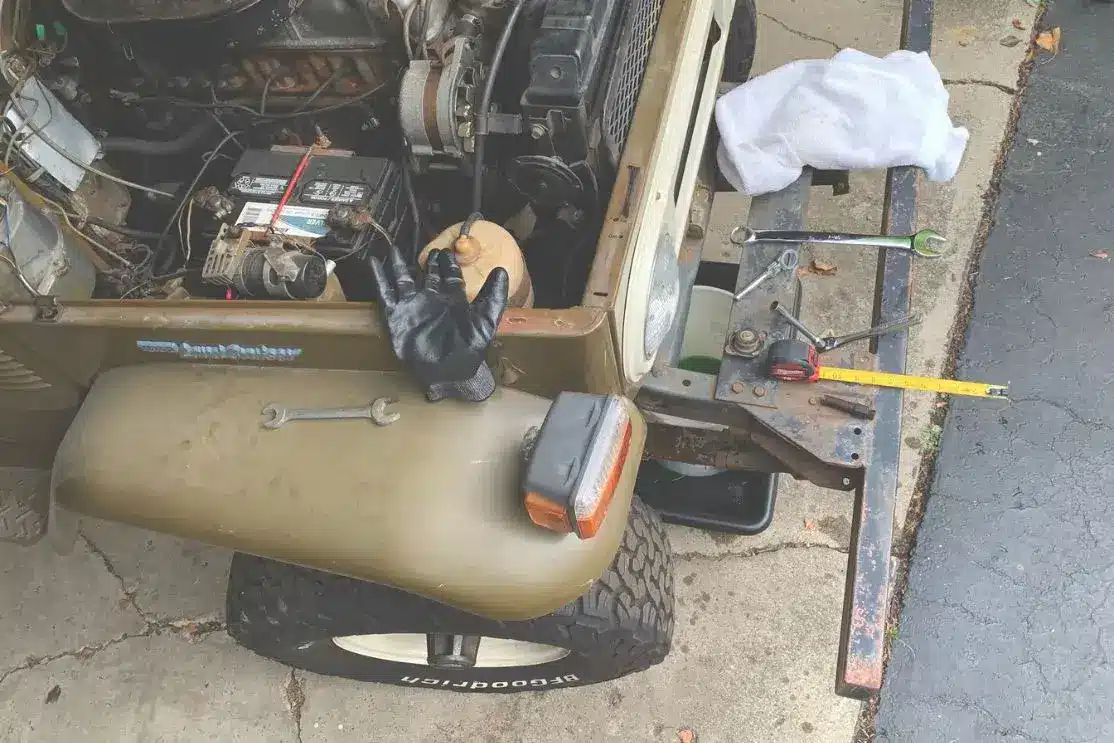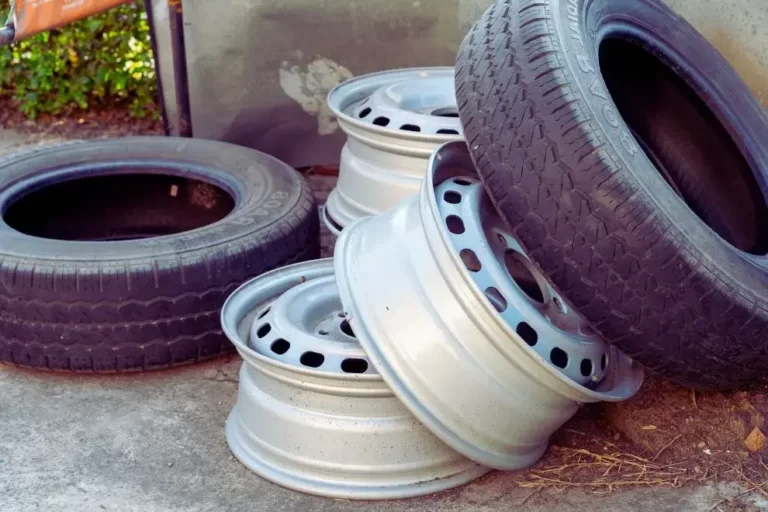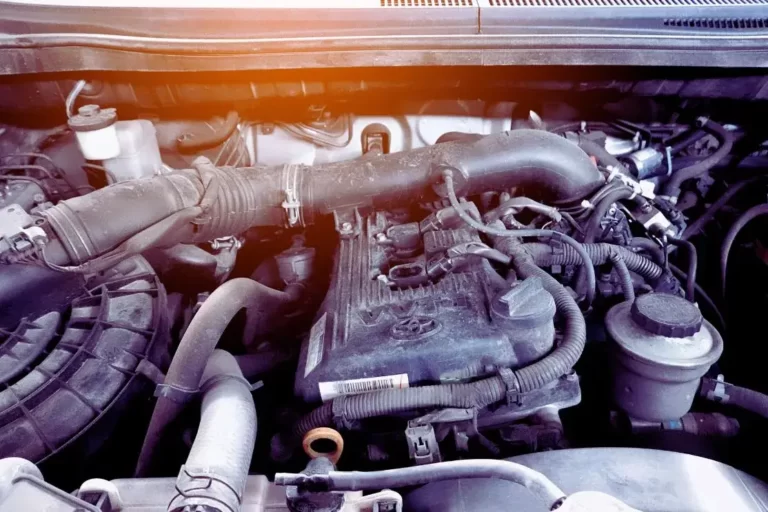The Importance Of Regular Car Maintenance In Australia
Regular car maintenance is essential for ensuring a vehicle operates optimally and safely. In Australia, the unpredictable weather conditions and increasingly busy roads mean that regular servicing of automobiles is particularly important to ensure they remain in good condition. This article will explore the importance of regularly scheduled car maintenance and how it can benefit drivers in Australia.
It is well established that cars require frequent maintenance and repair to reduce the risk of unexpected breakdowns or accidents on the road. Regular servicing ensures all parts are functioning correctly, reduces the likelihood of costly repairs down the line, and decreases wear-and-tear on specific components such as brakes and tyres.
Further, identifying problems early through regular inspections can minimise safety risks while providing peace of mind for drivers who rely heavily on their vehicle’s performance.
Why Is Regular Car Maintenance Crucial For Australian Car Owners?
Primary care services comprehensively examine the vehicle’s engine, brakes, suspension, and other vital systems. They also replace significant components such as the timing belt, spark plugs, and filters. On the other hand, minor car services primarily consist of oil and filter changes, fluid top-ups, and a general visual inspection of the vehicle.
Regular vehicle maintenance is crucial for ensuring a safe, reliable driving experience and minimising the risk of costly repairs down the line. The frequency of major and minor services is determined by factors such as the vehicle’s make, model, age, and the driver’s usage patterns.
By understanding these distinctions, you can better plan for the care and upkeep of your vehicle, keeping it in peak condition for years to come.
Major Services
Regular car maintenance is crucial for ensuring the safety and performance of your vehicle in Australia. A significant service entails thoroughly inspecting all parts, systems, fluids, and components per the manufacturer’s specifications.
This typically includes an oil change, air filter replacement, fuel filter change, and spark plug replacement, among other tasks such as fitting new tyres or verifying compliance with Australian car insurance standards.
During a significant service, mechanics also examine brakes, suspension systems, battery conditions, and power steering fluid levels. It’s essential to understand the differences between major and minor services.
Always pay attention to the importance of car maintenance; being aware of what requires attention before embarking on a long drive or neglecting regular check-ups with a mechanic can save you money by preventing expensive repairs later.
Staying up-to-date with major and minor services ensures your vehicle remains reliable throughout its lifespan, allowing you to drive confidently and safely wherever life takes you.
Minor Services
Regular preventative maintenance is essential for keeping your car running smoothly and minimising the risk of expensive repairs. A minor service typically involves:
- Inspecting engine oils and filters.
- Checking tyre pressures.
- Evaluating brake pads if necessary.
- Conducting other basic checks based on your vehicle’s specific make and model.
For most cars, minor services should be performed every six months or every 10,000-15,000 km to prevent minor issues from escalating into more significant problems. Moreover, maintaining a record of these services may lead to lower premiums with many insurance companies when renewing your policy each year.
It’s vital to remember that major and minor services should always be addressed, as they prolong your vehicle’s lifespan and ensure safety on the road, wherever life may take you.
What Basic Maintenance Tasks Can Car Owners Perform Themselves?
Car owners can undertake several basic maintenance tasks to keep their vehicles safe and efficient. These tasks often involve checking tyres, replacing air filters, topping coolant levels, inspecting brake pads, and changing spark plugs.
Although these are not classified as significant car services in Australia, drivers must carry out these tasks regularly to ensure optimal vehicle performance.
Firstly, maintaining proper tyre tread depth and inflation pressure is essential for car safety. Tyre wear should be checked every few months or when visible damage, such as cuts or bulges, is present.
Adequate air pressure also contributes to fuel efficiency while driving. Regularly topping up coolant levels helps prevent engine overheating, which can lead to costly repairs if neglected.
Inspecting brakes and replacing brake pads are everyday maintenance tasks for Australian car owners. Brakes must always be in top condition, critical for stopping quickly or avoiding collisions.
Additionally, according to manufacturer recommendations, spark plugs should be replaced, as this affects the engine’s overall performance.
Finally, removing and cleaning air filters every 6-12 months can improve engine acceleration response and reduce strain on other system components.
By performing regular minor service checks like oil changes and filter replacements yourself, you can extend the life of your car and avoid relying solely on professional mechanics for more expensive major services.
These simple steps can significantly contribute to keeping your vehicle running smoothly for many years.
How Can Car Owners Ensure They Don’t Miss The Right Service Intervals?
It’s essential to adhere to the service intervals outlined by the manufacturer, which can be found in the owner’s manual or through other sources like online databases. For this reason, it’s a good idea to take your vehicle to a mechanic for regular inspections, even if no service is needed.
This proactive approach helps identify and address minor issues early on, preventing them from affecting your car’s performance later.
Staying organised is critical to meeting the correct service intervals. Set up reminders to ensure timely servicing and maintenance tasks are completed according to your car’s service schedule.
Moreover, cultivating relationships with trusted mechanics experienced in working on similar models gives you peace of mind knowing you have a reliable professional to turn to when needed.
Maintaining records documenting all completed services demonstrates that preventative measures were taken appropriately and provides a timeline detailing your vehicle’s maintenance history.
This information is useful when deciding whether to invest in further repairs and when planning future services based on the vehicle’s age and your financial situation.
How Do Regular Car Maintenance And Servicing Affect Car Insurance Policies In Australia?
The effect of proper maintenance on car insurance policies should be considered, as insurers assess risk when determining premiums. A well-maintained vehicle can significantly reduce these costs.
Owners must stay up-to-date with servicing intervals to benefit from lower insurance premiums and keep their vehicles safe. This involves regularly checking engine oil levels, tyre pressure, and tread depth and fitting new parts or fluids when necessary.
Maintaining other elements, such as brakes, transmission fluid, and spark plugs, enhances the car’s performance and lifespan.
For drivers seeking peace of mind with a reliable insurer at an affordable rate, taking preventative steps through regular maintenance is vital. Following a service schedule saves money and ensures compliance with Australian state regulations regarding roadworthiness standards.
Failure to meet these standards can result in hefty fines or license revocation, making it essential to remain vigilant about your car’s upkeep.
Conclusion
Regular car maintenance is an indispensable aspect of vehicle ownership in Australia. It ensures cars run optimally and safely while preserving their value. By understanding the differences between major and minor services and performing basic maintenance tasks, car owners can stay current with their service intervals and avoid overlooking crucial tasks.
Implementing a regular servicing plan and maintaining accurate records also helps with insurance policies; insurers may offer more competitive premiums to those who have diligently cared for their vehicle over time. Consequently, regular car maintenance is vital to being a responsible driver in Australia.
Frequently Asked Questions
Q: What is the importance of regular car maintenance in Australia?
A: Regular car maintenance is important to ensure your vehicle is safe, efficient and reliable. Regular car service helps identify any potential issues early on, so they can be addressed before becoming more serious. It also helps keep your car running smoothly and can help you avoid expensive repairs.
Q: How often should I service my car?
A: This depends on your car’s make, model and age. Generally, most cars should be serviced every 10,000 km or six months, whichever comes first. However, depending on the make and model of your vehicle, some may require servicing more often.
Q: What does a basic car service involve?
A: A basic car service typically involves an oil change, checking fluid levels, and topping them up where necessary. Other checks include lights, brakes, suspension and tyres, and general inspection of hoses and wires for signs of wear or damage. Some services may also include a roadworthy test.
Q: Do I need to visit a dealership to get my car serviced?
A: You don’t have to go to a dealership to get your car serviced. You can take it to a qualified independent mechanic or aftermarket centre instead.
Q: Is there any difference between significant and minor car services?
A: Yes, there is a difference between major and minor services. A minor service will typically involve an oil change plus checks on all essential components, such as lights, brakes and suspension. In contrast, a significant service includes more detailed checks, such as replacing spark plugs or other major parts if needed.
Q: How do I know when to get my car serviced?
A: Generally speaking, it’s recommended that you service your car at regular intervals – usually every 10 000km or six months, whichever comes first. However, this can vary depending on the make and model of your vehicle, so check your owner’s manual for specific details.
Q: What happens if I service my car sparingly?
A: If you don’t service your car regularly, it could lead to issues with brakes, tyres or other parts, which could cause an accident or breakdown – not only potentially putting yourself in danger but others too! In addition, it could cost you much more money in repairs than having regular services.
Q: What are some common maintenance basics for cars in Australia?
A: In Australia, it’s essential to check brake fluid levels regularly (every 6-12 months), tyre pressure (monthly) and engine oil levels (every 3-6 months). It’s also advised that you take your vehicle for a tune-up at least once yearly, regardless of how much you have driven it.
Q: Are there any special rules for servicing older cars in Australia?
A: Yes, depending on the make, model, age, condition of the vehicle and type of engine, different services may be required. For example, OEM parts may need replacing less often than aftermarket parts. It’s essential to check with a mechanic for advice about how often to service your particular type of vehicle.
Q: Is there any financial assistance available for getting my car serviced?
A: Yes, depending on your financial situation or needs, assistance may be available from government grants or organisations such as Limited ABN Financial Services Pty Ltd . Do thorough research before making any decisions.







